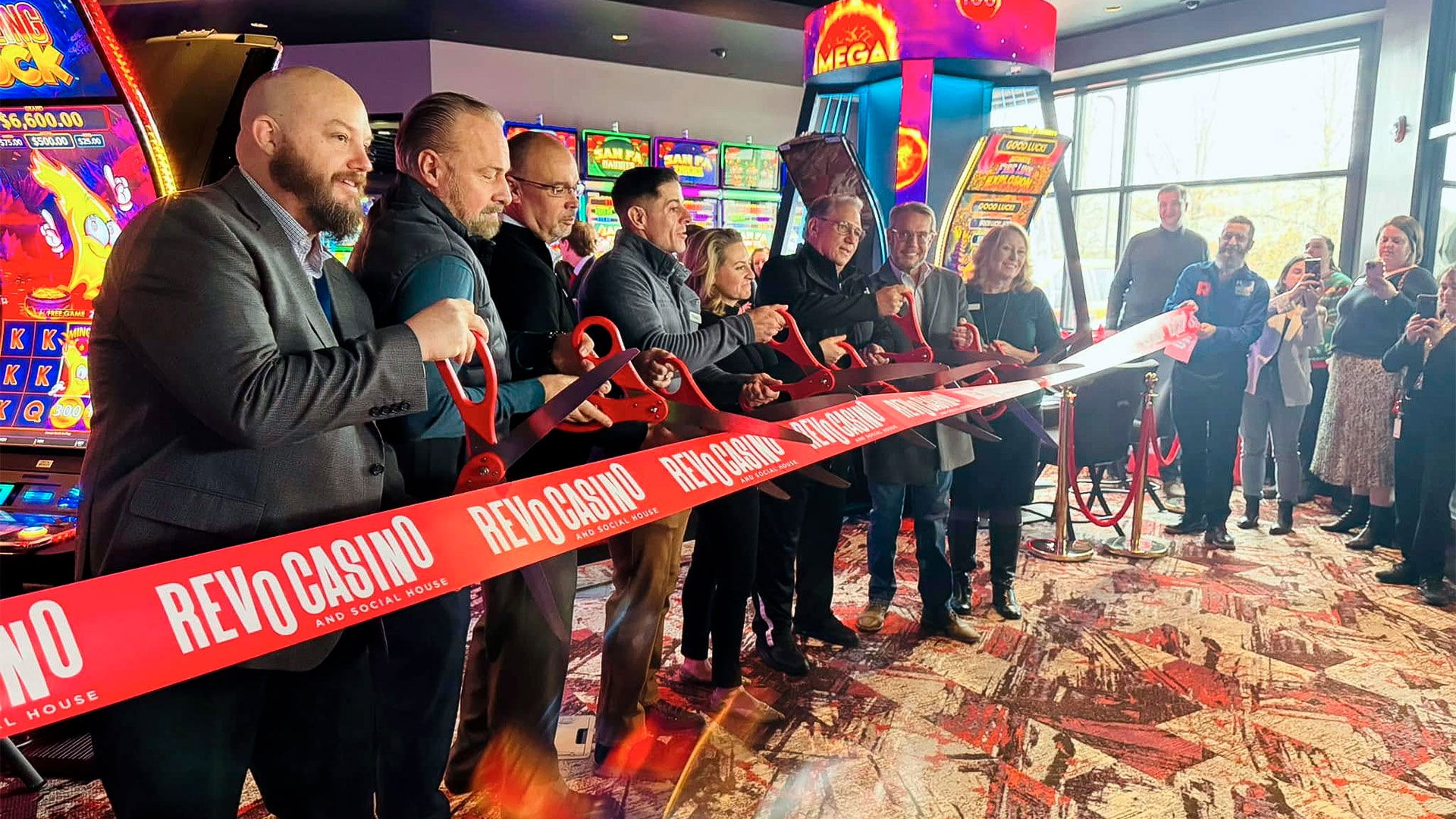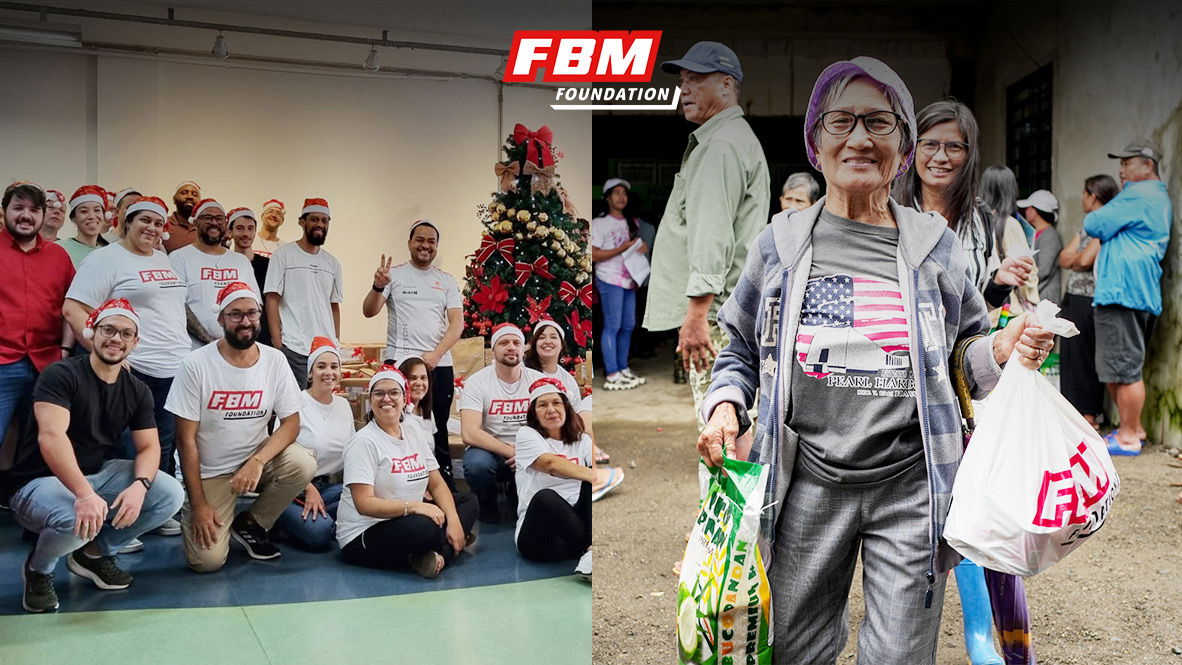Virginia to implement new rules on electronic gaming, in-person Texas Hold 'Em poker tournaments

In the past five years, regulated gambling in Virginia has grown significantly, reaching $12.4 billion in 2022. But these figures could soon see a further boost as the state is now taking measures to regulate electronic gaming, which is expected to generate nearly $1 billion annually.
New regulations will be implemented this month for the electronic games that fraternal organizations, veterans groups, and other charitable bodies use to supplement the old bingo games that were the mainstays of their fundraising efforts.
They will be followed by new rules for the in-person Texas Hold ‘Em poker tournaments that charitable groups want to use to freshen up their fun-while-fundraising pitches.
"People were saying 'bingo is getting boring,' and they wanted something more exciting," said Del. Paul Krizek, D-Fairfax, who chairs the General Assembly joint subcommittee studying charitable gaming issues, as reported by the Richmond Times-Disptach.
Delegate Paul Krizek
Over time, the technology of electronic bingo and pull tab machines became increasingly popular. At the same time, some charitable organizations started to offer gaming activities in places away from their headquarters as the longstanding opposition by the General Assembly to gambling started to weaken. Electronic games, unlike traditional bingo and paper pull tabs, flourished without regulation from the state.
From an electronic pull-tab handle of just under $107 million in 2013, gambling with those devices jumped to a peak of more than $964 million in 2019. That was the year the first new regulated way of betting, historical horse racing, got underway after the General Assembly authorized electronic devices that allow people to bet on replays of horse races.
"It was beginning to look like charitable gaming was a business. We don’t want poker halls on every street corner," Krizek said, as per the cited source. "Now, I think we’re getting back to where we were before, with the new regulations," he added.
The new rules for electronic games set a new minimum level for how much of the handle has to go for charitable purposes. They also make sure the state Department of Agriculture and Consumer Services (VDACS) is able to track and ensure that charities and bettors get a fair deal.

The minimum for electronic games differs from the traditional 10% of gross receipts from bingo or traditional pull-tab game; it is 20% of adjusted revenue.
Originally, VDACS had sought a 40% minimum. It figured that percentage of the post-payout total was roughly the same as the 10% of the gross receipts for traditional games because of the fees social organizations pay to lease electronic divisions, regulatory records show.
However, operators of the games and their suppliers said that the percentage was too high, and there would not be enough money to go around to make the odds for bettors attractive and to cover equipment costs, so VDACS agreed to cut the amount back.
It may mean that the actual percentage of the money bettors lay down that goes to charity is below 10%. But while the $16.5 million that went to charitable purses in 2020 represented 12% of the handle from regulated charitable games when just the sums VDACS tracked for electronic pull tabs are added in, less than 2% of what organizations took in went for charitable purposes.
Liam Gray, a spokesperson for the Virginia Charitable Bingo Association, said the group supports fair regulation of electronic gaming and Texas Hold ‘Em tournaments.
"It is our hope that, just as VDACS was so receptive to public feedback in the crafting of electronic gaming regulations, these comments will be given serious consideration so that the final poker regulations will be shaped in a way that works best for the charitable organizations, the playing public and the commonwealth as a whole,” Gray said, according to the Richmond-Times Dispatch.
"The draft poker regulations include numerous problems that are unfair both to the playing public and to the charities, trade organizations, and social clubs that host them," he said, adding that they are inconsistent with current law and the rules of the games themselves.

Regulated gambling is booming in Virginia, with the money bettors lay down soaring from $3.4 billion in 2018 to $12.4 billion in 2022. In 2018, the only legal betting was through the Lottery, live horse races, and charitable gaming. At that point, the regulated take from charitable gaming was $260 million, while the unregulated electronic pull tabs were taking in $790 million. Now, after historical horse racing’s 2019 start, internet lottery sales in 2020, sports betting in 2021, and the opening of Virginia’s first casino in Bristol last year, regulated gaming is booming.
The General Assembly authorized Texas Hold ‘Em in 2020, but it has not started yet. Meanwhile, casinos are in the works in Norfolk, Portsmouth, and Danville. Richmond voters rejected a casino, but Mayor Levar Stoney hopes they will get a chance to reconsider. Petersburg is seeking permission to open one as well.


















































